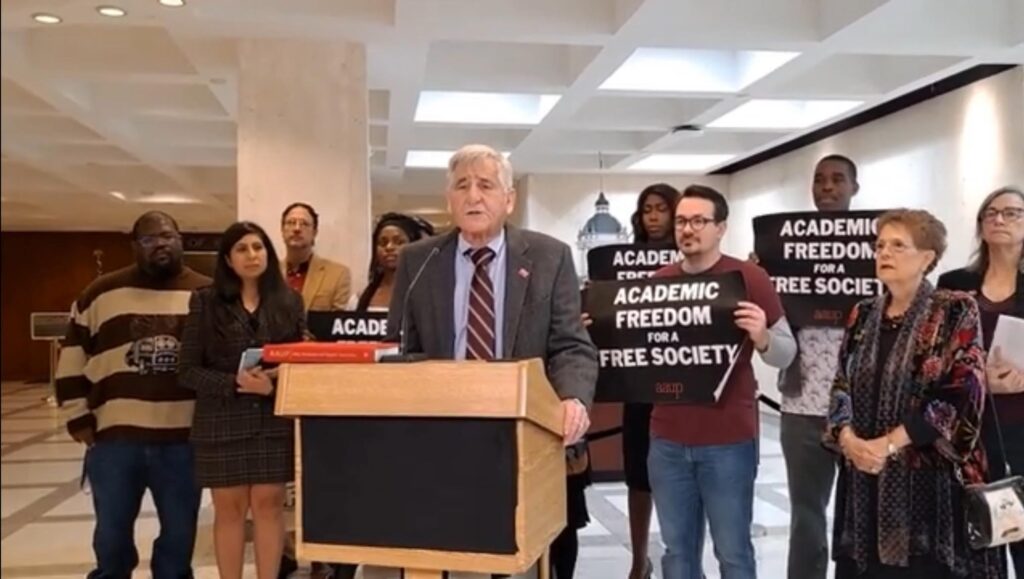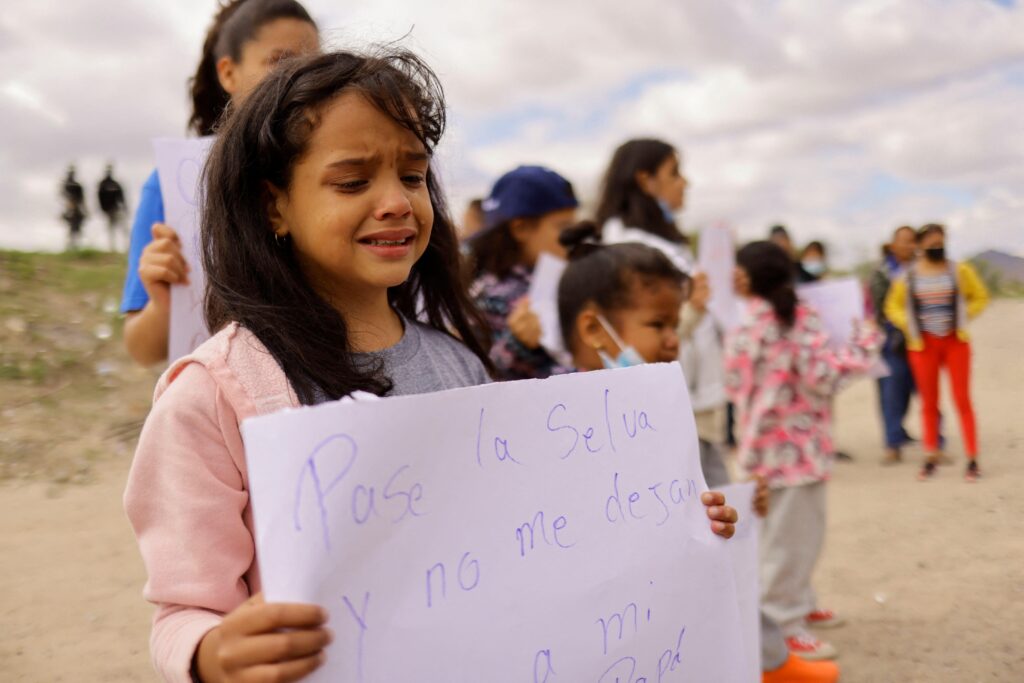In the twilight of his life, a weathered veteran stands at the crossroads of a divided nation, his memories etched with the scars of a conflict that tore Korea apart. At 95, this former North Korean soldier has embarked on an unprecedented personal mission that challenges the very boundaries of reconciliation. With determination burning brighter than the political tensions that have long separated the two Koreas, he wages a deeply personal campaign to return to the land of his birth—a journey that speaks to the enduring human desire for connection and understanding beyond the cold lines of geopolitical boundaries. In a poignant testament to the enduring human spirit, Lee Jung-soo, a 95-year-old veteran who once fought for North Korea, now champions a deeply personal mission to return to his homeland. His weathered hands and tear-filled eyes tell a story of separation, longing, and an unbreakable connection to a land divided by political strife.
During the tumultuous Korean War, Lee found himself conscripted into the North Korean military, experiencing the brutal realities of conflict firsthand. When the war concluded, he was inadvertently stranded in South Korea, cut off from his family and the familiar landscapes of his youth.
For decades, Lee has carried the weight of displacement, navigating life in a society both familiar and foreign. His memories remain vividly etched with images of relatives left behind, ancestral villages now transformed by time and ideology, and a homeland he has been unable to revisit.
Recent years have seen Lee becoming increasingly vocal about his desire to cross the heavily fortified border. He argues that his advanced age and personal history make him an unlikely security threat, and he sees his potential journey as a symbolic gesture of reconciliation.
Local advocacy groups have rallied behind Lee’s cause, highlighting the human cost of political divisions. They argue that individuals like him represent living historical testimonies,bridging generations and offering unique perspectives on inter-Korean relations.The South Korean government remains cautious, acknowledging the complex diplomatic challenges such a cross-border journey would entail. Official channels have expressed sympathy for Lee’s situation while maintaining strict protocols regarding civilian interactions with North Korea.
Lee’s campaign has garnered significant media attention, drawing parallels with other divided families whose stories reflect the profound human impact of geopolitical tensions. His determination challenges prevailing narratives about aging, belonging, and national identity.
Despite potential obstacles, Lee remains optimistic. He speaks with remarkable clarity about his hope of seeing his birthplace one last time, understanding the symbolic power of his personal quest. His story transcends individual experience, becoming a powerful metaphor for healing historical wounds.
As diplomatic tensions continue to fluctuate, Lee’s campaign serves as a poignant reminder of the personal narratives often overlooked in geopolitical discussions. His unwavering spirit represents resilience, hope, and the fundamental human desire to reconnect with one’s roots.
The journey of this 95-year-old veteran continues to captivate public inventiveness, challenging perceptions and offering a deeply human outlook on a complex historical landscape.










